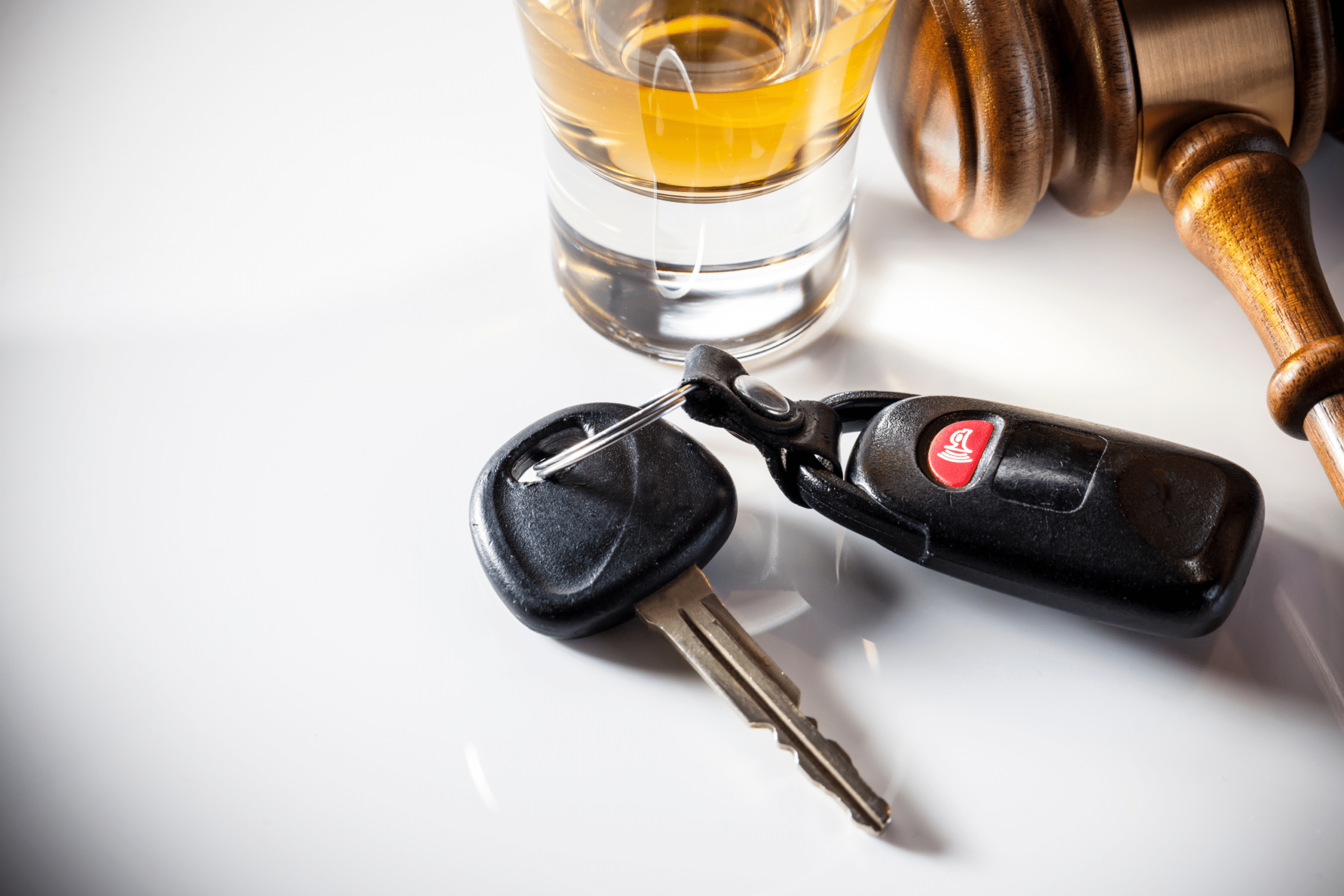Minnesota’s Implied Consent Law plays a significant role in driving while impaired (DWI) cases, affecting the legal landscape for those charged with driving under the influence. Understanding how this law works and its implications can help you navigate the complex legal process and protect your rights.
What Is Minnesota’s Implied Consent Law?
Under Minnesota’s Implied Consent Law, any person driving, operating, or physically controlling a motor vehicle within the state is considered to have consented to a chemical test of their blood, breath, or urine to determine the presence of alcohol or drugs. This law applies if you are lawfully arrested by a police officer with probable cause to believe you are driving while impaired.
The chemical tests are usually administered after a person is arrested for a DWI. The results of these tests are used to determine the alcohol concentration or the presence of controlled substances in your system, which can be crucial evidence in a DWI case.
The Consequences of Refusing a Test
One of the most significant aspects of Minnesota’s Implied Consent Law is that refusing to submit to a chemical test can lead to automatic penalties, separate from the consequences of a DWI conviction. If you refuse to take the test, several things may occur.
Your driver’s license can be revoked for up to one year for a first refusal. The revocation period can be much longer for subsequent refusals, potentially up to three years. This revocation is an administrative penalty imposed by the Department of Public Safety and is separate from any criminal charges.
Refusing a chemical test can also lead to criminal charges.
In Minnesota, test refusal is treated as a gross misdemeanor, which can carry penalties, including jail time, fines, and mandatory participation in alcohol education programs. After a test refusal, you may be required to install an ignition interlock device on your vehicle for a specified period. This device requires you to pass a breathalyzer test before starting your car.
How Implied Consent Affects Your DWI Case
The Implied Consent Law impacts your DWI case in several ways:
- License Revocation
Even if you are not convicted of a DWI, your license can still be revoked for refusing a chemical test. This administrative penalty can complicate your life, especially if you rely on driving for work, school, or family obligations.
- Evidence in Court
If you refuse the test, the prosecution may argue that your refusal indicates guilt. The refusal itself can be used as evidence against you in your DWI case, potentially influencing the judge or jury.
- Increased Penalties
Refusing the test often results in harsher penalties than those for individuals who comply with it. The charges and consequences can escalate, making it more difficult to negotiate plea deals or avoid severe sentencing.
There are circumstances where a refusal can be legally challenged. For example, if the officer did not have probable cause to request the test, failed to read you the Implied Consent Advisory, or if the test request was unlawful, your attorney may be able to challenge the revocation and the use of refusal as evidence.
Defending Against Test Refusal and DWI Charges
If you are facing a DWI charge in Minnesota, especially if you refused a chemical test, it is crucial to seek experienced legal representation. An attorney who understands Minnesota’s Implied Consent Law can help you challenge the administrative penalties, fight the DWI charges, and work to protect your driving privileges.
Your defense might include questioning the traffic stop’s legality, the test results’ accuracy, or the manner in which the Implied Consent Advisory was presented. An attorney can also negotiate with prosecutors to reduce charges or penalties or argue for alternatives like probation or reduced license revocation periods. A charge is not a conviction – fight back.
About the Author:
Christopher Keyser is an AV-Preeminent-rated criminal and DWI defense attorney based in Minneapolis who is known for aggressively fighting for his clients and utilizing innovative tactics to get the most positive results. Due to the breadth and depth of his knowledge, he has been featured in numerous media outlets and has been named a Certified Specialist in Criminal Law by the Minnesota Bar Association. Mr. Keyser is Lead Counsel rated, and he has received recognition for his criminal law work from Avvo, Expertise, and Super Lawyers.







